Tesla boss Elon Musk has unveiled his so-called ‘Master Plan, Part Deux’, which includes product plans for the firm’s car model line-up, further autonomous technology and intentions to enter the public transport sector.
Musk announced his first master plan a decade ago; since then, all of those proposals have come to fruition, including the Tesla Model S, Model X and Model 3, as well as becoming a provider of solar power.
Announcing the second part of his master plan on Tesla’s website last night, Musk confirmed there will be a compact SUV and pick-up truck in its vehicle line-up, while ruling out a cheaper vehicle than the Model 3.
He also identified two other electric vehicles he thinks are necessary - “heavy-duty trucks and high passenger-density urban transport” - both of which he confirmed are in the early stages of development at Tesla and will be unveiled next year. Referring to the heavy-duty truck as “Tesla Semi”, Musk said: “We believe [it] will deliver a substantial reduction in the cost of cargo transport, while increasing safety and making it really fun to operate.”
Increasing autonomy
Musk said that as technology matures, all Tesla vehicles will be fully self-driving, but with “fail-operational capability, meaning that any given system in the car could break and the car will still drive itself safely”.
However, he added that even when the software is highly refined and far better than the average human driver, there will be a significant time gap before fully autonomous driving is approved by regulators.
Musk also alluded to the recent death of a driver while using Tesla’s Autopilot, explaining that if used correctly, partial autonomy is “already significantly safer than a person driving by themselves”. He continued that it would therefore be “morally reprehensible to delay release simply for fear of bad press or some mercantile calculation of legal liability”.
Autopilot is still in a beta phase, Musk said, and will continue to improve. Once Autopilot is roughly 10 times safer than the US vehicle average, the beta label will be removed, he added.
Solar-powered roofs
Last month Tesla announced its intention to buy solar energy company Solarcity in order to integrate its technology into Musk's vision for the future of energy consumption, whereby households generate and store their own renewable energy - stored in Tesla's Powerwall batteries and used in Tesla's range of vehicles.


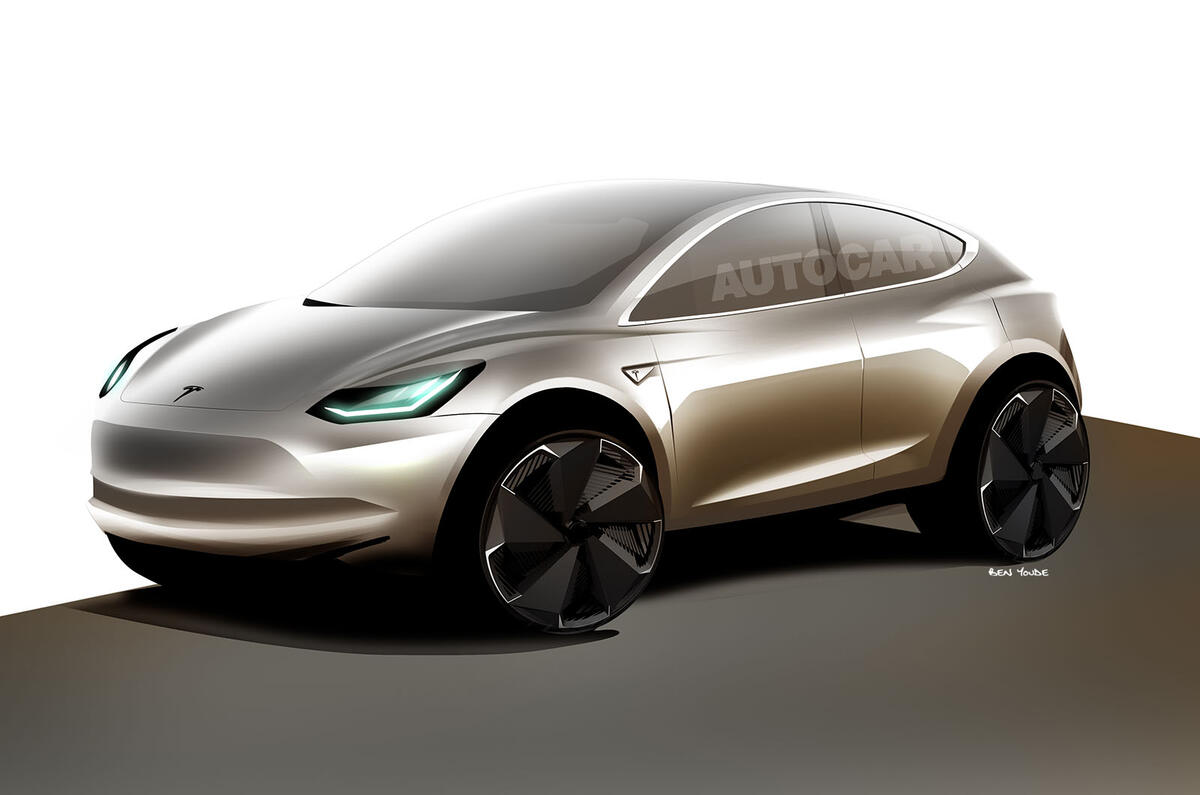
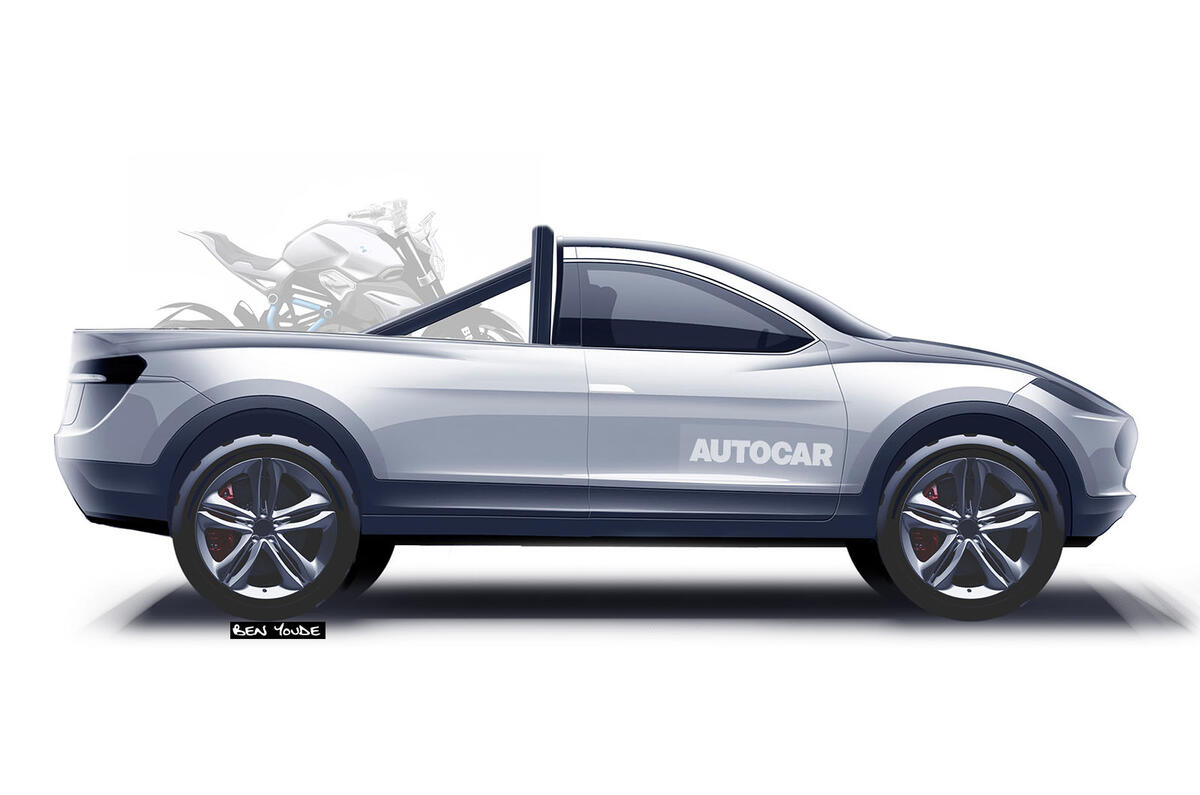
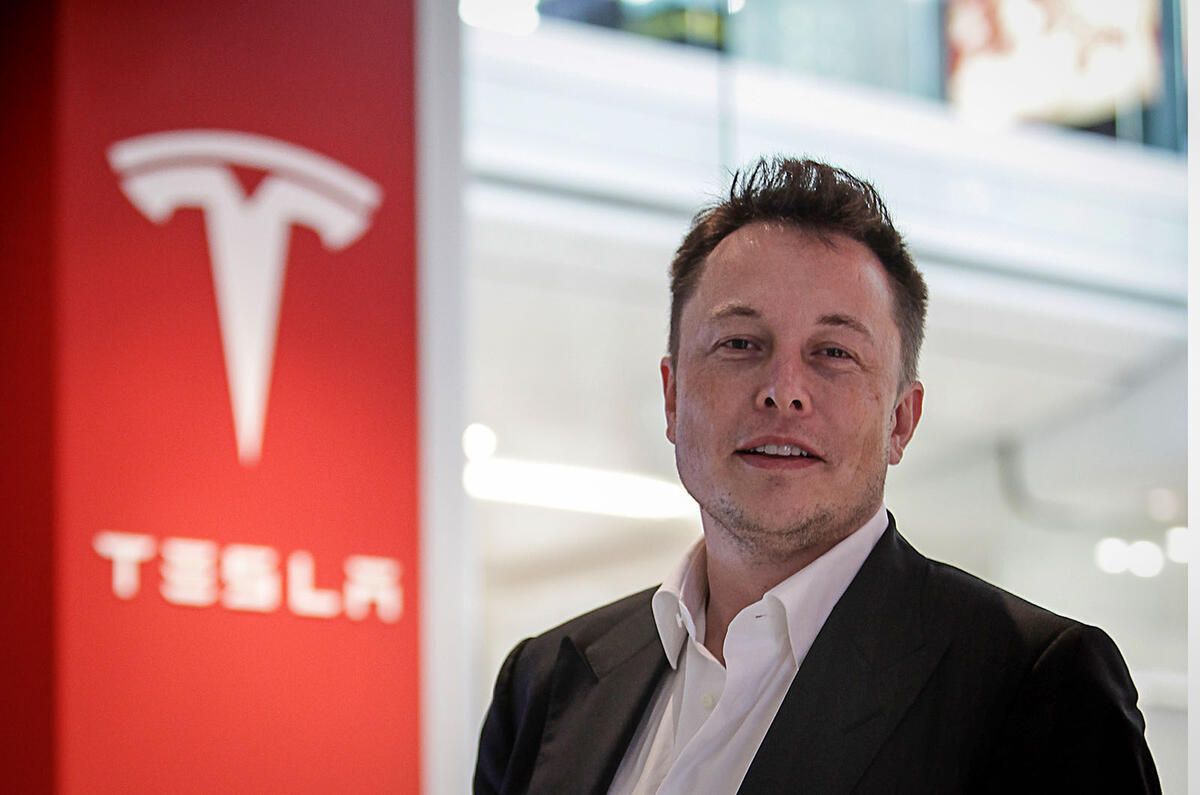
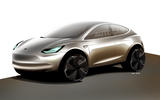
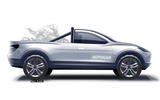
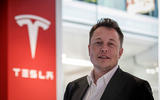



Join the debate
Add your comment
And there is more
All-nighter
Except that nowhere in the document does he provide any sort of detail about how Tesla is actually going to achieve these lofty goals. Tesla's Fremont factory has never produced more than about 420,000 cars a year (as NUMMI) so how does Tesla propose to meet its Model 3 production targets AND deliver two new models? They're not likely to be able to purchase a factory for $42m like they did last time so where will they find the $1bn+ that it costs to make a new one?
Also, spare me the guff about Telsa having a "start-up mentality" or being the next Apple. Apple became a success because the appeal of its products was matched with profit margins that were well ahead of its peers. Tesla certainly has an appealing product, but unless they can generate better margins than the incumbent car companies they're going to continue to burn cash at a sphincter-puckering rate.
Would you want to share your car?
androo wrote:
As the former owner of a private hire business I can tell you that it is difficult enough to prevent a car becoming a pit of ordure with a human driver in place, so autonomous cars would be entirely at the mercy of the worst of drunken and loutish behaviour, and highly unpleasant for the next user or on return to the owner. As to driving your kids to A&E when necessary, the whole purpose of autonomous cars, in the eyes of the lefties who dreamt them up, is that the car wouldn't take you to A&E, or anywhere else, until you had the proper clearance from officialdom to make a journey, at a permitted time to a permitted destination.
bowsersheepdog wrote:
Autonomous cars are likely to surf well ahead of legislation, they are hardly the creation of government to suppress the population. More likely they will provide mobility to set far more the population free from relying on others and on public transport.
The issue of people treating them bad is pretty obvious, if the next user doesn't like the condition of the car they simply report it. The car heads to the cleaning centre on it's own and the previous occupant gets the bill on their card.
As for using it to get to A&E, more likely that the way to the A&E department traffic will be cleared from in front of you and if it is quicker to rendezvous with an Ambulance on the way that will be easy to arrange.